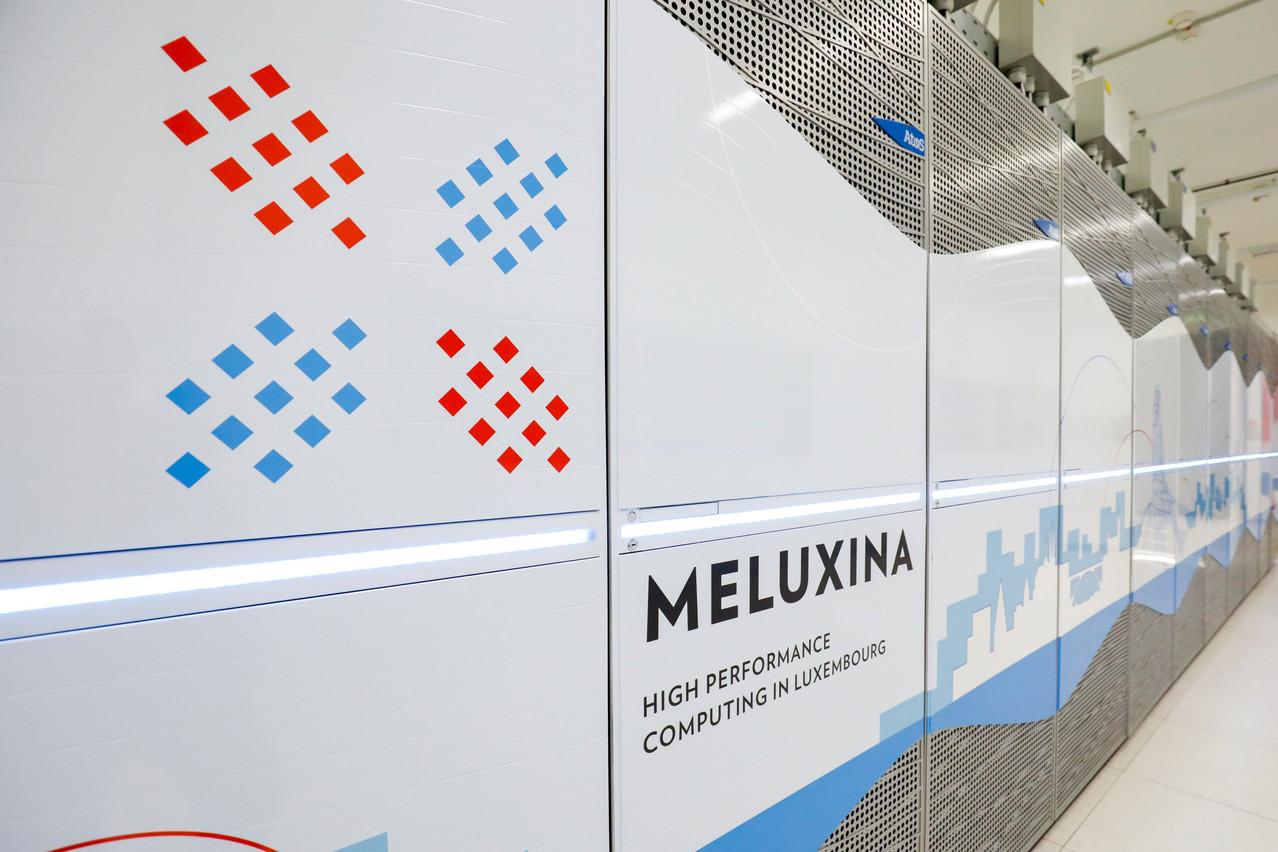The 59th edition of the Top500 list was released on 30 May within the framework of the ISC high performance computing fair in Hamburg, Germany, which continues until 2 June.
This year’s list marks a new chapter in supercomputing with the debut of the first-ever exascale machine on the list, the US computer Frontier. This is followed by the Fugaku supercomputer in Japan and Lumi, a European high-performance computer located in Finland.
Lumi forms part of the same EuroHPC Joint Undertaking as Meluxina. The European Commission in 2018 first launched the initiative and in 2020 began procuring high-performance computers to boost computing power in the EU and other participating countries on the continent.
Meluxina went live in June last year, a €30.4m investment shared between the EU and Luxembourg. The grand duchy gets to commercialise its share of the computer’s capacity--for example selling it to companies or making it accessible to researchers, SMEs and startups--while the EuroHPC Joint Undertaking distributes its 35% via calls for application, for example in science and industry.
Green ranking
The 10-petaflop machine ranks 48th worldwide in a list of the globe’s top 500 supercomputers. It has dropped from 45th place in the previous ranking, with the arrival of new high-performance computers like Frontier and Lumi pushing down previous entries.
But it ranked higher, in 15th place, in a separate Green500 list of the most environmentally friendly high-performance computers. Here, too, the Lumi computer in Finland scored third place overall, showing that power doesn’t have to come at the expense of respect for the environment.
Meluxina is powered by green energy from Kiowatt, a cogeneration plant fuelled by waste wood from a pellet production site. The data centre hosting the computer operated by LuxProvide uses absorption chillers to turn heat from the plant into cold. Absorption chillers use the heat to provide the energy needed to drive the cooling process of the data centre.
The processes used helps reduce the carbon footprint by 27,000 tonnes of CO2 a year, according to LuxConnect, which manages the data centre housing Meluxina. The DC2 data centre in Bissen was certified as the first green data centre in the world.
